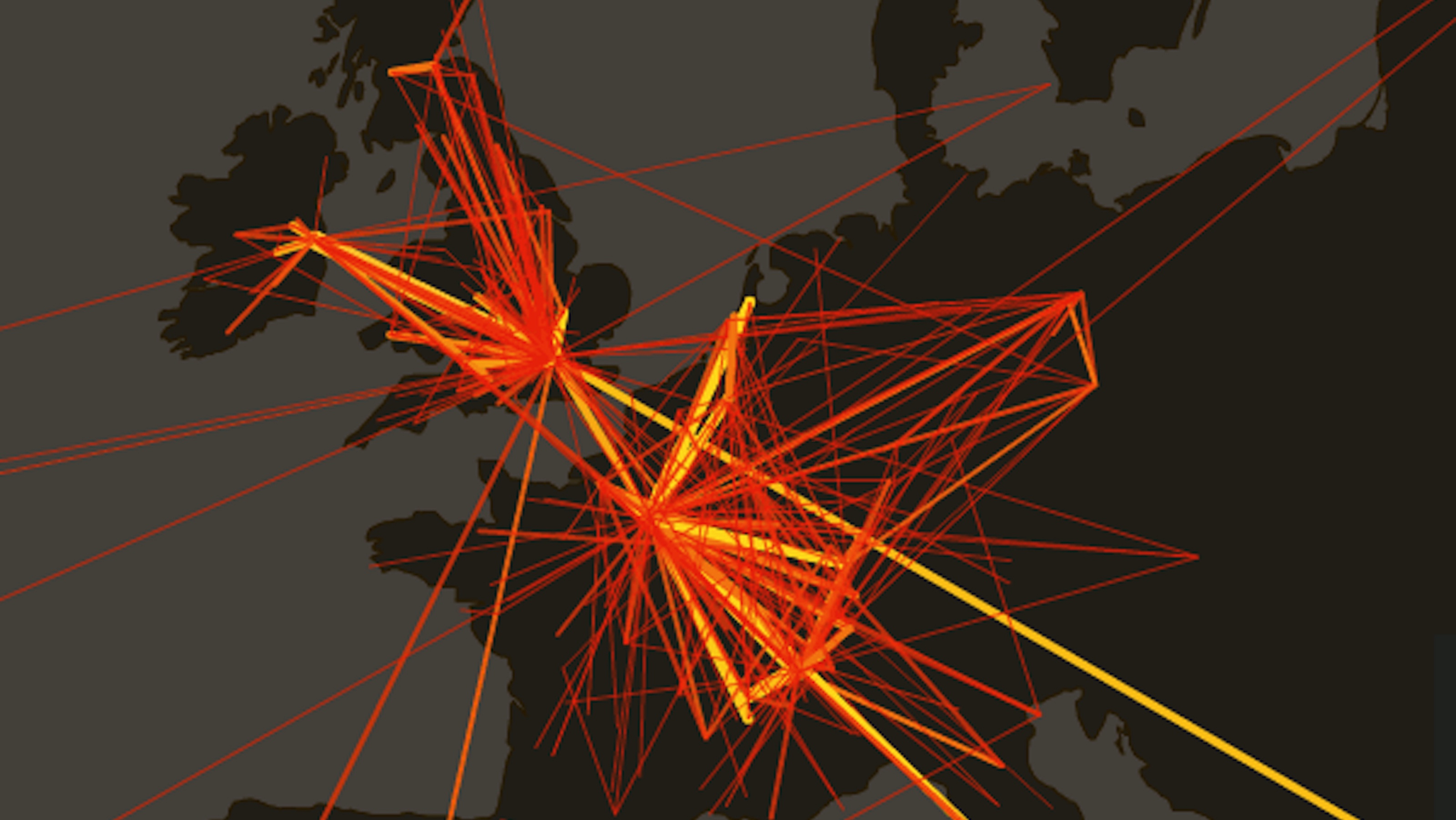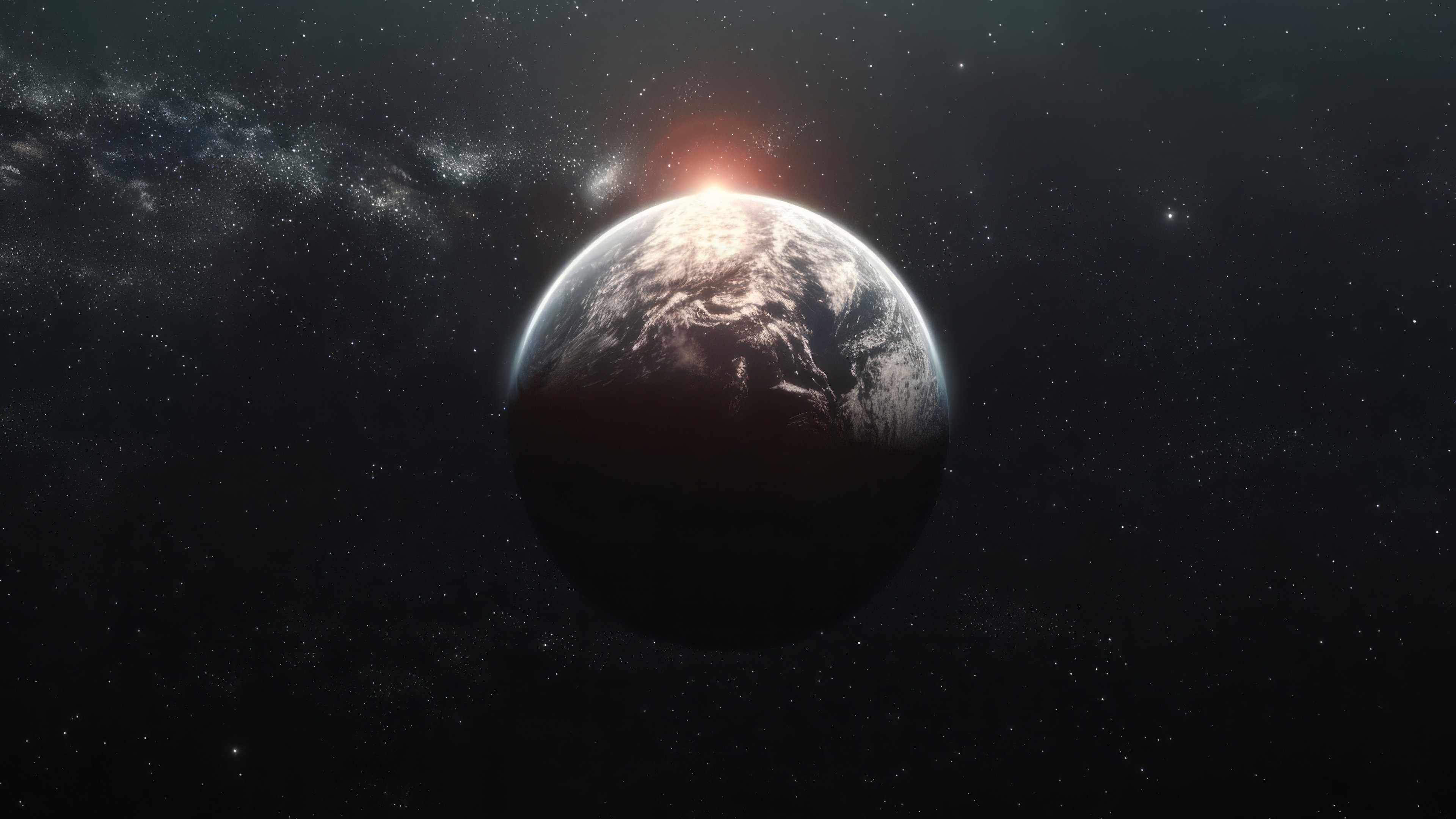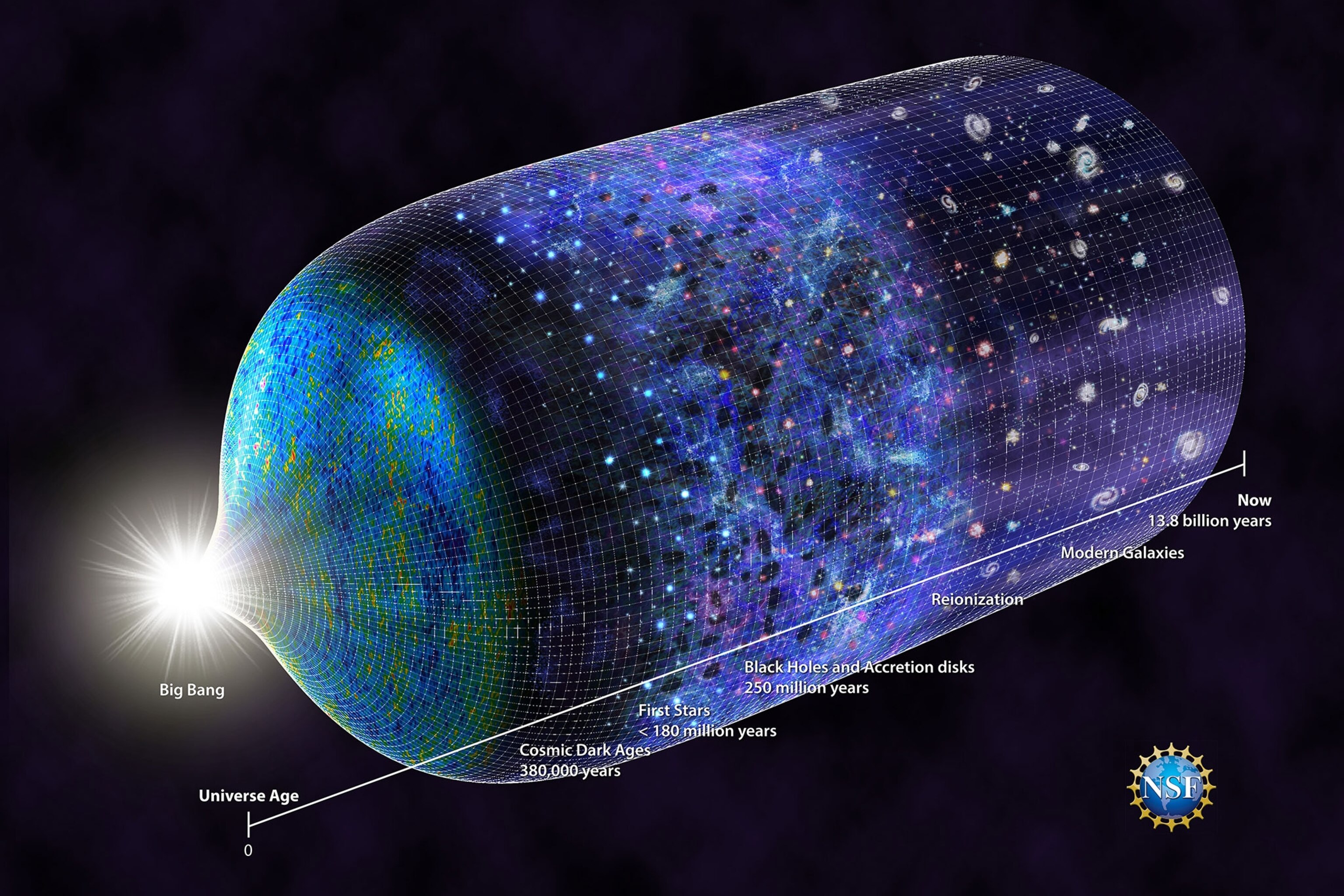A Response to Peter Hitchens

My previous post quoted Peter Hitchens, the conservative Christian brother of the late Christopher Hitchens, to criticize some of his views on divine command morality. To my surprise, it drew twocomments that were signed Peter Hitchens. I have no way to be sure they were actually written by him, but the e-mail and IP addresses are plausible, and it’s not an extraordinary claim, so I’ll accept provisionally that the author is who he says he is.
That being the case, I’d like to extend Mr. Hitchens my greetings and thank him for taking the time to respond personally. Now, en garde! I’m here reprinting my reply to his second, longer comment, with some additions:
He made an assertion of opinion (‘there is no non-human moral authority’), mistaking his opinion for a fact.
If this isn’t a statement of fact, then by all means, show me where I can consult a non-human moral authority. Can I go to Sinai and consult with a burning bush? Are there angels standing in the pulpits of the churches? Do we still witness divine fingers inscribing laws on stone tablets?
The answer to all these questions, of course, is no. The Bible, like all other holy books, was written by humans, translated by humans, printed by humans. The priests and ministers that issue commands from the pulpit are human beings. Search wherever you will, every source of moral dictates in religion is a human source. Peter Hitchens admits this himself:
Now anti-religious people do it, and need to have it explained to them that the existence or non-existence of a Divine being (upon which the existence or non-existence of an unalterable moral authority must depend) cannot be proved or disproved.
If you maintain the existence of a divine being “cannot be proved”, then you must concede my point that there is no evidence of a non-human moral authority. If there were any actual, undisputed communications from God (and not mere second-hand records alleging that such communications have occurred in the past), no one would be arguing about whether or not any of this had been proved.
The question of whether such a being can be “disproved” is both uninteresting and irrelevant, as anyone who understands the scientific mindset will know. I can’t disprove the existence of invisible unicorns, but unless someone can produce positive evidence in their favor, I’m entitled to consider invisible-unicornism a hypothesis not worthy of further consideration. Would anyone say that “There are no invisible unicorns” is a claim that mistakes an opinion for a fact?
As my book (‘The Rage Against God’) attempts to explain, we choose the belief we prefer.
This hypothesis is erroneous. I would prefer for there to be a supernatural being that’s benevolently disposed toward humans and which can be persuaded to suspend the laws of physics in our favor. I would prefer for my consciousness to survive the death of my brain. I would prefer for there to be an afterlife where all people are rewarded or punished as their actions deserve. In fact, I would also prefer for there to be a safe and effective cure for cancer, for global warming to be non-existent, and for me personally to be a billionaire. I would prefer all these things to be true, but I don’t believe any of them.
Perhaps you choose to believe whatever propositions you find pleasant. In fact, would agree that many religious believers do this. But atheists generally hold a more rational and empirical mindset. We believe that the world can be known independently of our preferences, and we tend to think that the truth or falsehood of a proposition isn’t dependent on whether we like its consequences.
Religious believers are entitled to laugh at them for doing so, and to speculate on why someone would not wish to be bound by an unalterable moral law.
I have no such wish; I accept the existence of objective moral principles. What I reject is the assertion that any church authority or religious text has the exclusive right to define what they are, much less that they can be defined solely in terms of the unknown whims of a deity without reference to human well-being.
And they are justified in asking why this wish should be so profound that such persons actively desire that the universe should be a pointless and meaningless chaos, without design or purpose.
As long as we’re going to take this route, let’s also ask why so many religious people actively desire a universe in which the majority of human beings will wind up condemned to eternal suffering, with paradise reserved for only a small and privileged minority, and that these respective fates are assigned based solely on whether a person professed the correct beliefs about God. Some go so far as to say that one of the pleasures afforded to the saved will be witnessing and glorying in the torments of the damned. What does that belief say about the morality of those who hold to it?
I’m disappointed that Peter Hitchens didn’t respond to what I thought was my strongest argument: he claims that an effective moral code “must be beyond the power of humanity to change it to suit itself”, and yet human beings have changed religious moral codes: for instance, by rejecting the Bible’s extensive set of passages permitting and regulating human slavery, as well as the many other horrors and cruelties which that book prescribes. How can anyone maintain that religious morality is unchanging unless they’re prepared to defend evils like these?
Image: An example of unchanging religious morality: the Great Seal of the Confederate States of America, whose motto was “Deo Vindice” – “God Is Our Vindicator” – expressing the belief that slavery was a just and moral institution which God wished to see continue. Image credit: Wikimedia Commons.





